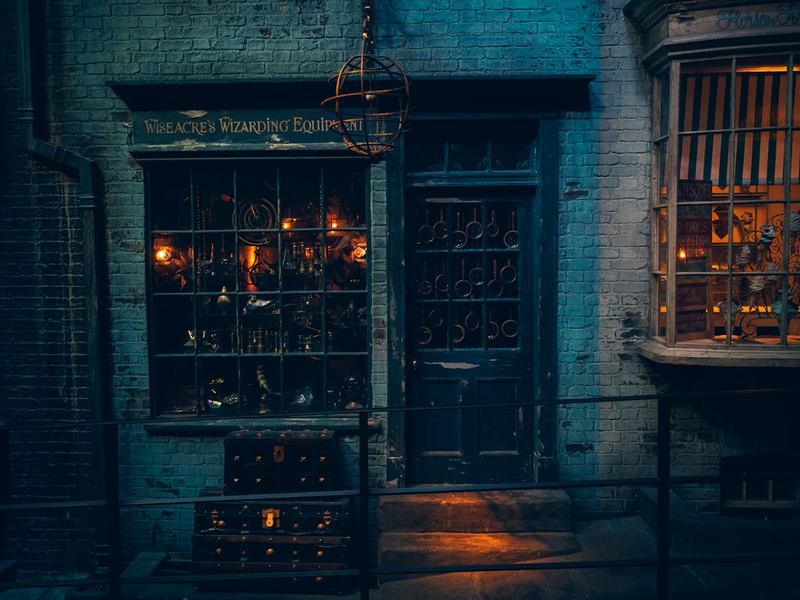Warner Bros. Takes On AI: The Battle for Pop Culture's Digital Soul

Photo by Dawid Tkocz on Unsplash
The entertainment world is bracing for another major legal showdown in the rapidly evolving landscape of artificial intelligence. Warner Bros. has filed a lawsuit against Midjourney, the AI image generation platform, alleging massive copyright infringement involving beloved characters like Batman, Superman, and Scooby-Doo.
The lawsuit represents a critical moment in the ongoing tension between creative industries and AI technology. Warner Bros. claims Midjourney is systematically reproducing and distributing images of their copyrighted characters without permission, potentially undermining their intellectual property rights.
At the heart of the legal battle is how AI models are trained and the boundaries of “fair use” in digital creation. Midjourney argues that its system generates images through complex statistical relationships, not by directly copying existing works. However, Warner Bros. contends that the AI is effectively creating “derivative works” by leveraging their characters’ distinctive traits.
The financial stakes are significant. Warner Bros. is seeking up to $150,000 per infringing output, which could potentially exceed Midjourney’s entire 2024 revenue of approximately $300 million. The lawsuit also highlights broader concerns about AI’s potential to replicate and distribute copyrighted content with minimal oversight.
Midjourney’s defense centers on user expression and transformative use, arguing that their platform enables creative exploration. However, Warner Bros. points to the platform’s own features – like its “Explore” page – as evidence of deliberate copyright circumvention.
This legal challenge is more than a corporate dispute; it’s a pivotal moment in defining how creative industries will coexist with rapidly advancing AI technologies. The outcome could set crucial precedents for intellectual property rights in the digital age, potentially reshaping how artists, companies, and AI platforms interact.
As the tech and entertainment worlds watch closely, this lawsuit might determine whether AI will be seen as a transformative tool or a threat to creative ownership.
AUTHOR: mb
SOURCE: Ars Technica
























































